India is far from joining the top milk-exporting nations because of its large domestic demand
This Friday was the birth centenary of India’s Milk Man, Verghese Kurien. He was the brain behind ‘Operation Flood’ and made dairy farming India’s biggest self-sustaining industry and the largest employer in the rural sector. With an annual production touching 200 million tonnes, India accounts for over a fifth of the world’s milk production. The per capita availability of milk is around 400 grams a day against the world’s average of 300 grams. The sector’s respected brand is Amul, which stands for Anand Milk Union Limited, managed by the Gujarat Cooperative Milk Marketing Federation that played a pivotal role in the ‘White Revolution’. The Milk Man left behind him a proud legacy, but he would, as a man used to look far and ahead, notice several uncanny challenges and controversies facing the dairy sector. India is still far away from joining the ranks of milk exporting nations because much of the production caters to its large domestic demand. India may be self-sufficient in milk production, but only 10 States produce over three-fourths of the total milk. Only nine States compete with the national average when it comes to the per capita availability of milk. Most States still lack a healthy dairy cooperative network. Most farmers in these States do not get remunerative prices. Steps are needed to enhance their return on investment. Take the quality of cows, for example. The yield from indigenous cows is much lower than that of exotic crossbred cows. Crossbreeding is the answer and the country took baby steps only in 2019 through the Nationwide Artificial Insemination Programme. However, crossbreeding has to first tackle the sensitive issue of India’s renewed interest in the socio-cultural and nationalist affinity towards cows and dairy products which has created a political movement for promoting indigenous breeds.
In India, like in the United States, farm animals like cows have a central place in the Indian way of life, politics and culture. The United States has a vast legal framework concerning milk whereas the Indian constitution has a clear provision on cattle welfare. For separate reasons, cows are enmeshed in both countries in exclusionary politics, reflecting existing differences between religious communities and ideologies. The right of farmers to sell ageing cows for slaughter is caught in a Hindu versus Muslim debate, ignoring the role slaughter plays in preserving the species by replacements with younger stock and protecting farmers’ livelihoods. A Government move to introduce milk instead of eggs in the mid-day meal scheme in schools has generated debates over milk versus egg and vegetarianism. Currently, milk and dairy products are stuck in a double controversy, with People for the Ethical Treatment of Animals (PETA) asking Amul not only to switch to vegan milk but also stop cruelty to animals in the dairy industry. And around the corner is another issue with the potential to raise a ‘white’ storm: including milk in the public distribution system because the poor also have a right to drink milk.
(Courtesy : The Pioneer)







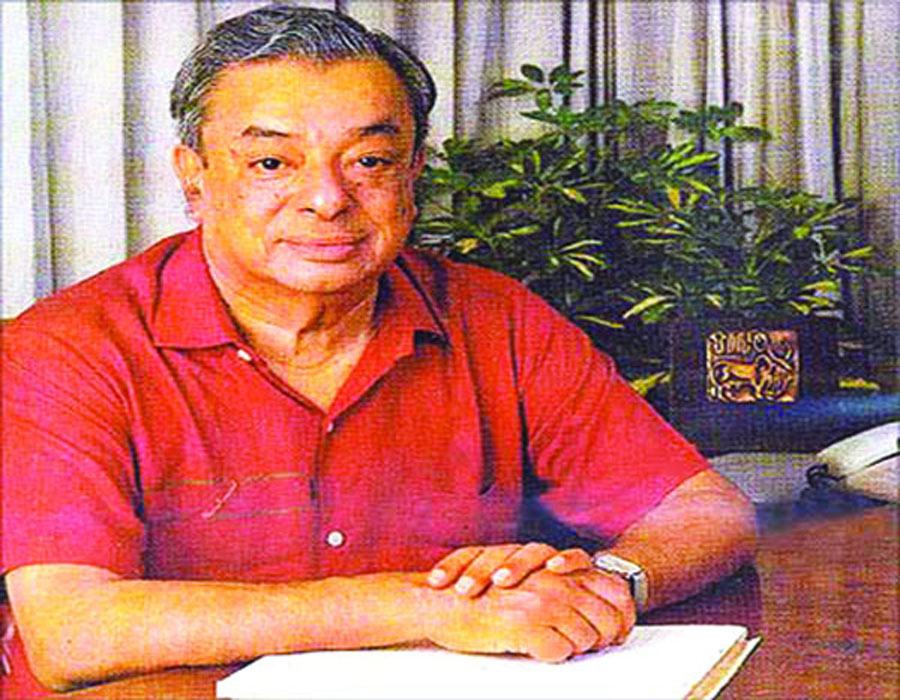
 OpinionExpress.In
OpinionExpress.In
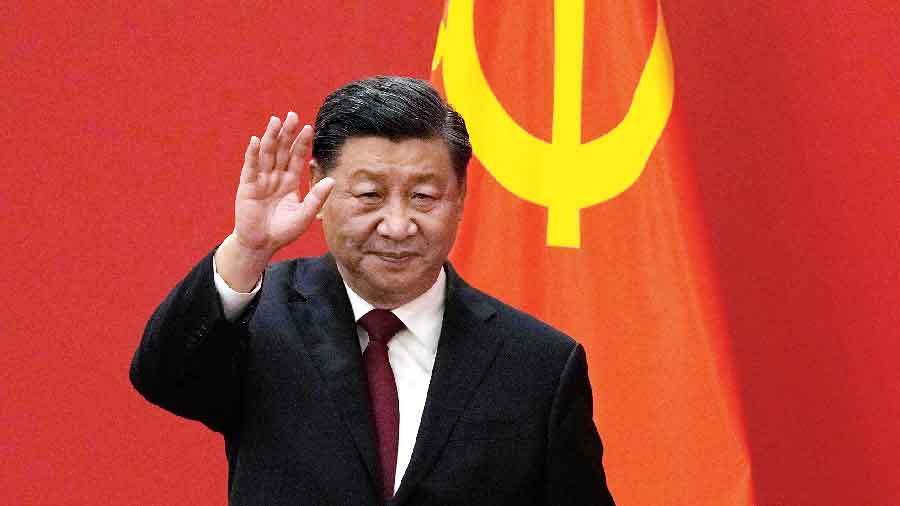

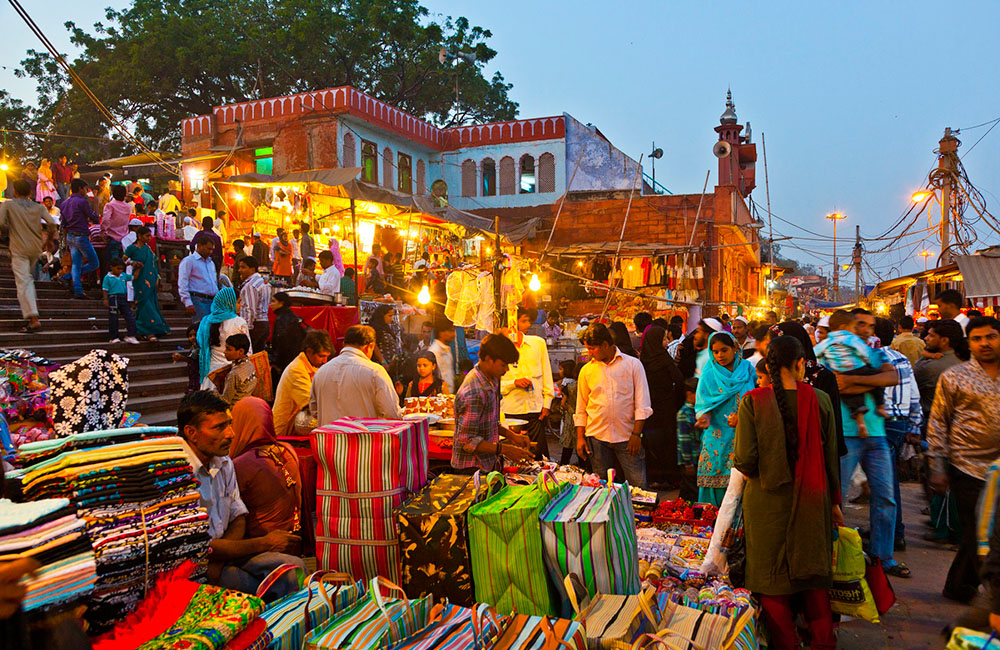
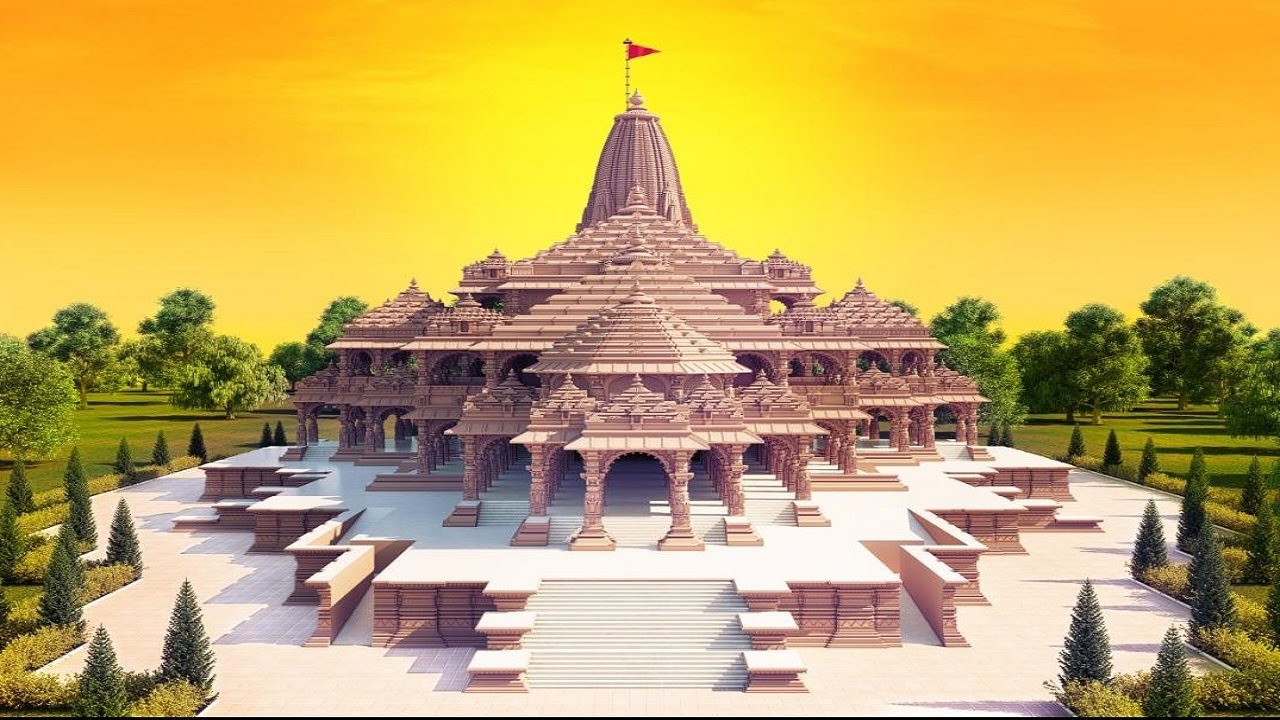
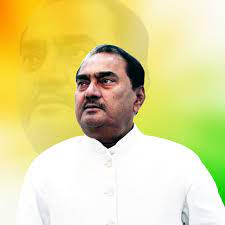
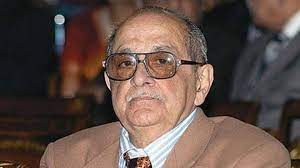
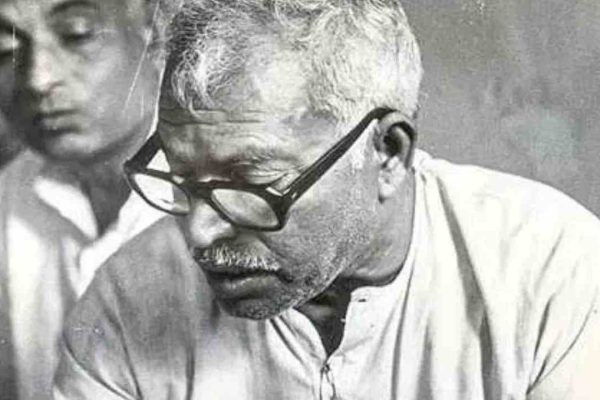
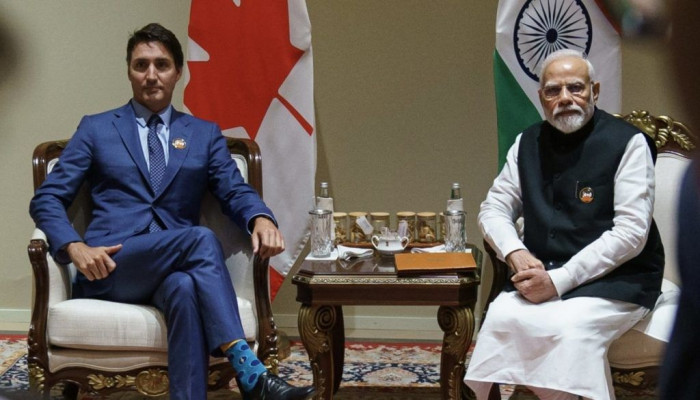
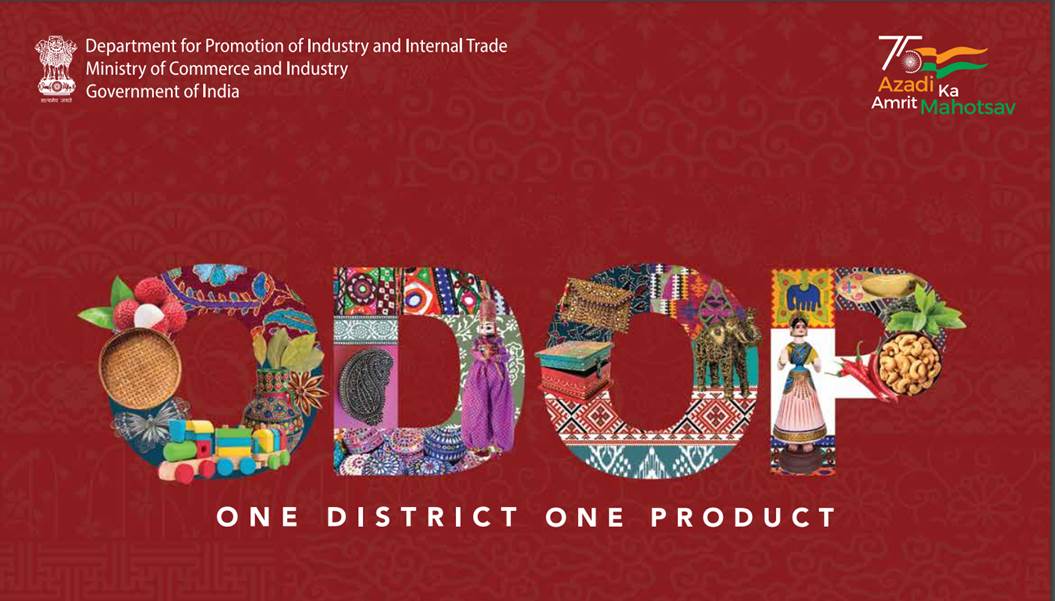






Comments (0)